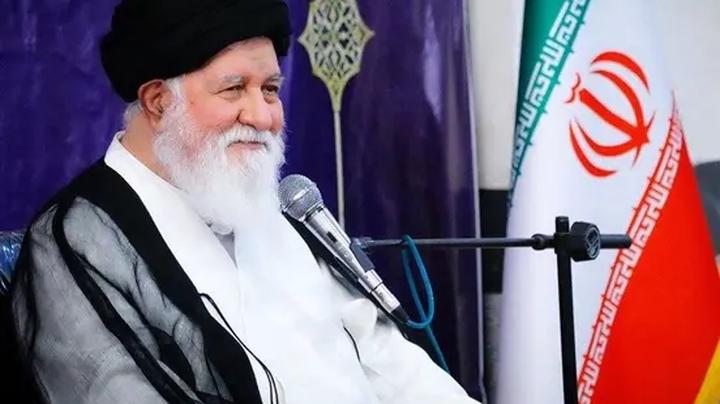According to a report by Iran International, a senior Iranian cleric has spoken out against renewed talks with the US, arguing that negotiations would erode Iran’s national pride and revisit past failed diplomatic efforts.
This stance reflects deep-seated concerns within Iran’s government about the country’s sovereignty and the effectiveness of diplomatic engagement with the US.
The cleric believes that negotiations would compromise Iran’s independence and self-respect.
Past experiences, such as the 2015 nuclear accord and subsequent US withdrawal, have created skepticism about the benefits of negotiations.
Iranian leaders question the sincerity of US overtures, citing past actions like Trump’s “maximum pressure” campaign and sanctions imposition.
The cleric’s opposition shows the complexities of US-Iran relations, with some Iranian officials and hardliners opposing talks due to concerns about national security, nuclear proliferation, and regional influence.
Ahmad Alamolhoda, the influential Friday imam of Mashhad, expressed strong opposition to negotiating with the US, stating that it would compromise Iran’s national pride.
He emphasized that no self-respecting Iranian would engage in talks without leverage or concessions from the American side.
Iran wants significant benefits or concessions from the US in exchange for diplomatic engagements.
Ahmad Alamolhoda stated that US demands, including dismantling Iran’s missile program and limiting its regional influence, are essentially a call for Iran’s surrender, and thus unacceptable.
“They want us to give up everything: our weapons, our science, even our pride. No honorable Iranian would accept that.”
Ahmad Alamolhoda, a senior Iranian cleric, cautioned Iran’s negotiators to resist US pressure, warning that direct talks with the US would be more detrimental than indirect ones, citing past experiences where negotiations led to unfavorable outcomes.
You Can Get More News Using The Button Below.

